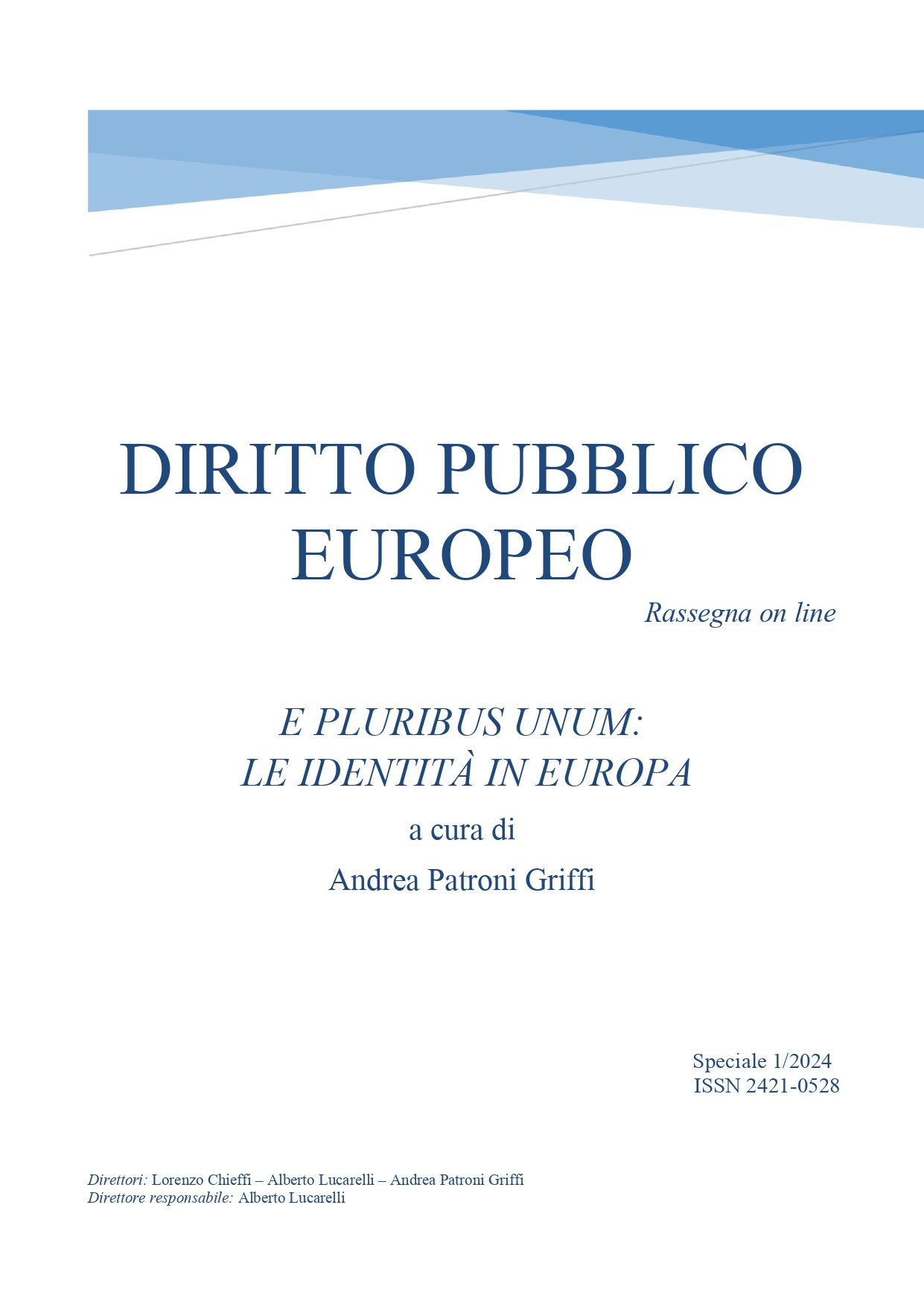Omogeneità «federale» e conflitti tra identità nello scenario costituzionale europeo. Il caso del regolamento sulla condizionalità
Abstract
Il saggio si articola in due movimenti: il primo intende mettere in questione il concetto di «omogeneità», talvolta proposto in dottrina come chiave di lettura ai fini dell’individuazione di un minimo comune denominatore tra gli Stati membri, che assicuri la stabilità dello spazio costituzionale instaurato sul territorio europeo; il secondo si pone l’obiettivo di calare tale disamina nel concreto di alcuni conflitti costituzionali decisi recentemente, tra i quali la decisione adottata dalla Corte di giustizia nelle cause Ungheria e Polonia c. Parlamento e Consiglio. In tali pronunce la Corte ha affermato, significativamente, che i valori comuni di cui all’articolo 2 del Trattato «definiscono l’identità stessa dell’Unione quale ordinamento giuridico comune». Trattasi di statuizioni di grande rilievo alla luce della giurisprudenza pregressa e della recente evoluzione del diritto europeo, foriere al contempo di notevoli ambiguità nella misura in cui rischiano di alimentare letture dell’identità dell’Unione in senso «oppositivo» rispetto alle identità costituzionali degli Stati membri, o di appiattire il novero dei valori comuni agli Stati in un codice presupposto, statico e uniforme. È allora evidente come nella ricostruzione dei rapporti tra i concetti di omogeneità, conflitto e identità si giochi in un certo senso la stessa possibilità di concepire l’Unione come «unità plurale», così come la tenuta di una lettura del processo di integrazione in senso autenticamente federalistico e democratico
Downloads
Copyright (c) 2024 Giovanni Comazzetto

This work is licensed under a Creative Commons Attribution 4.0 International License.




